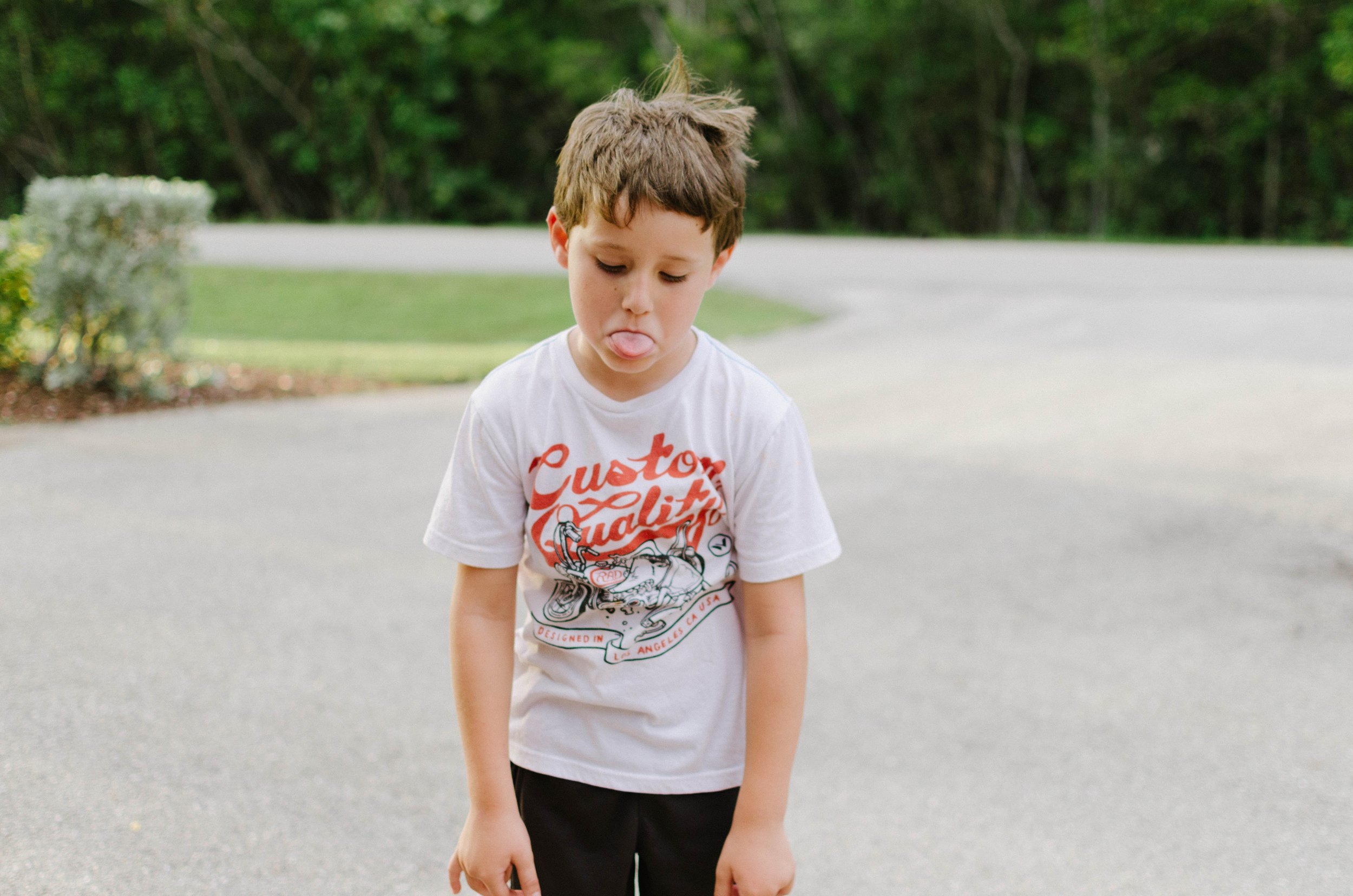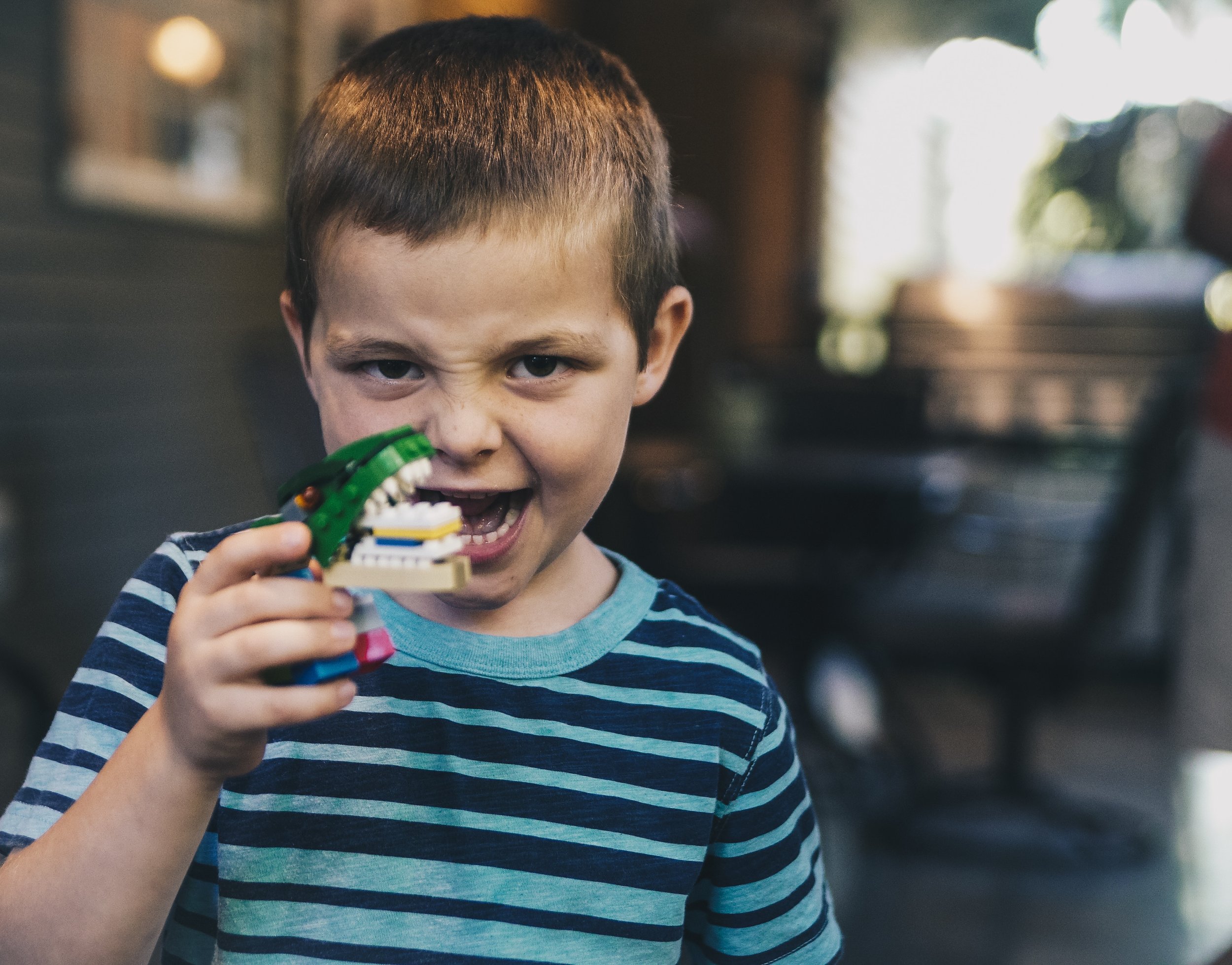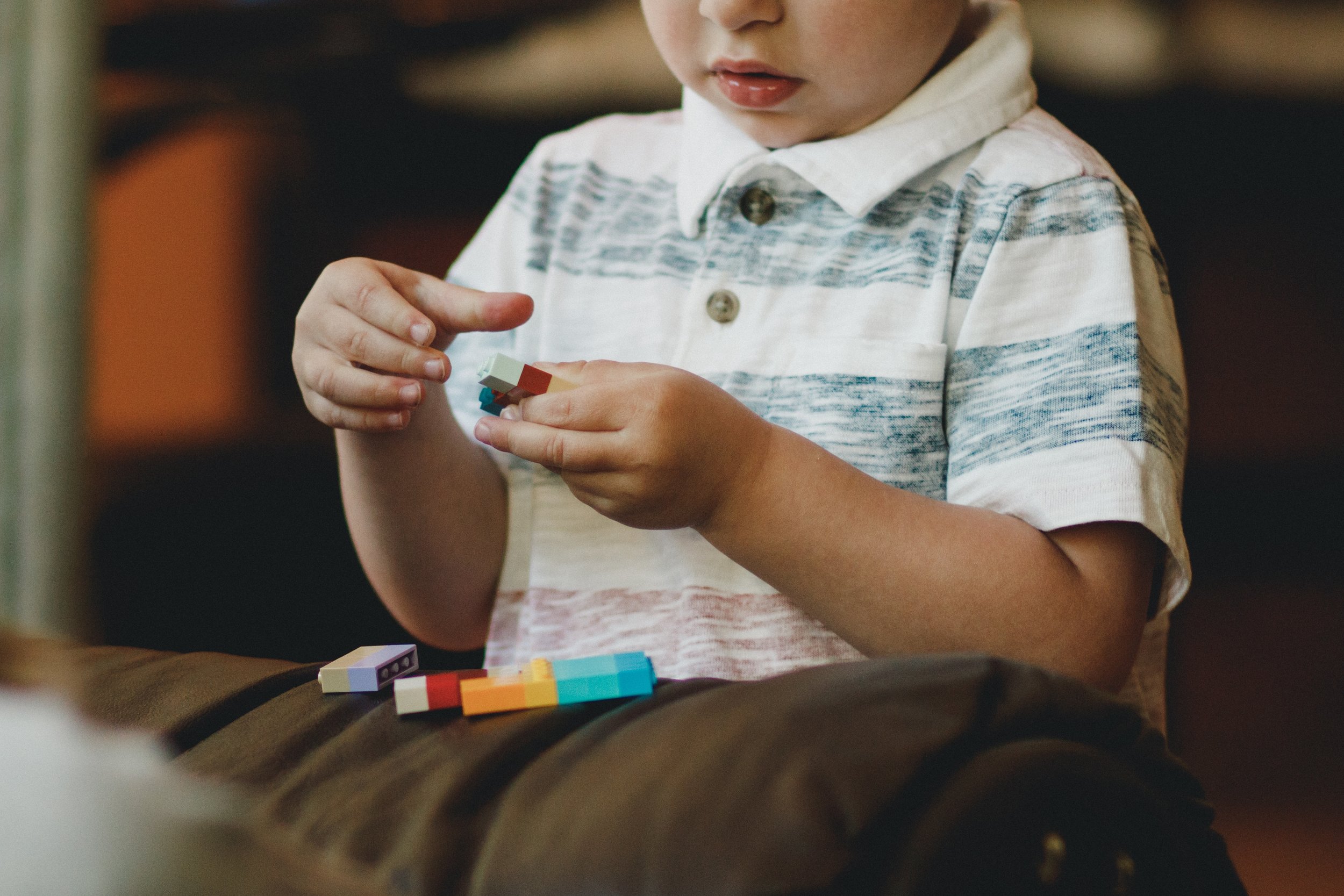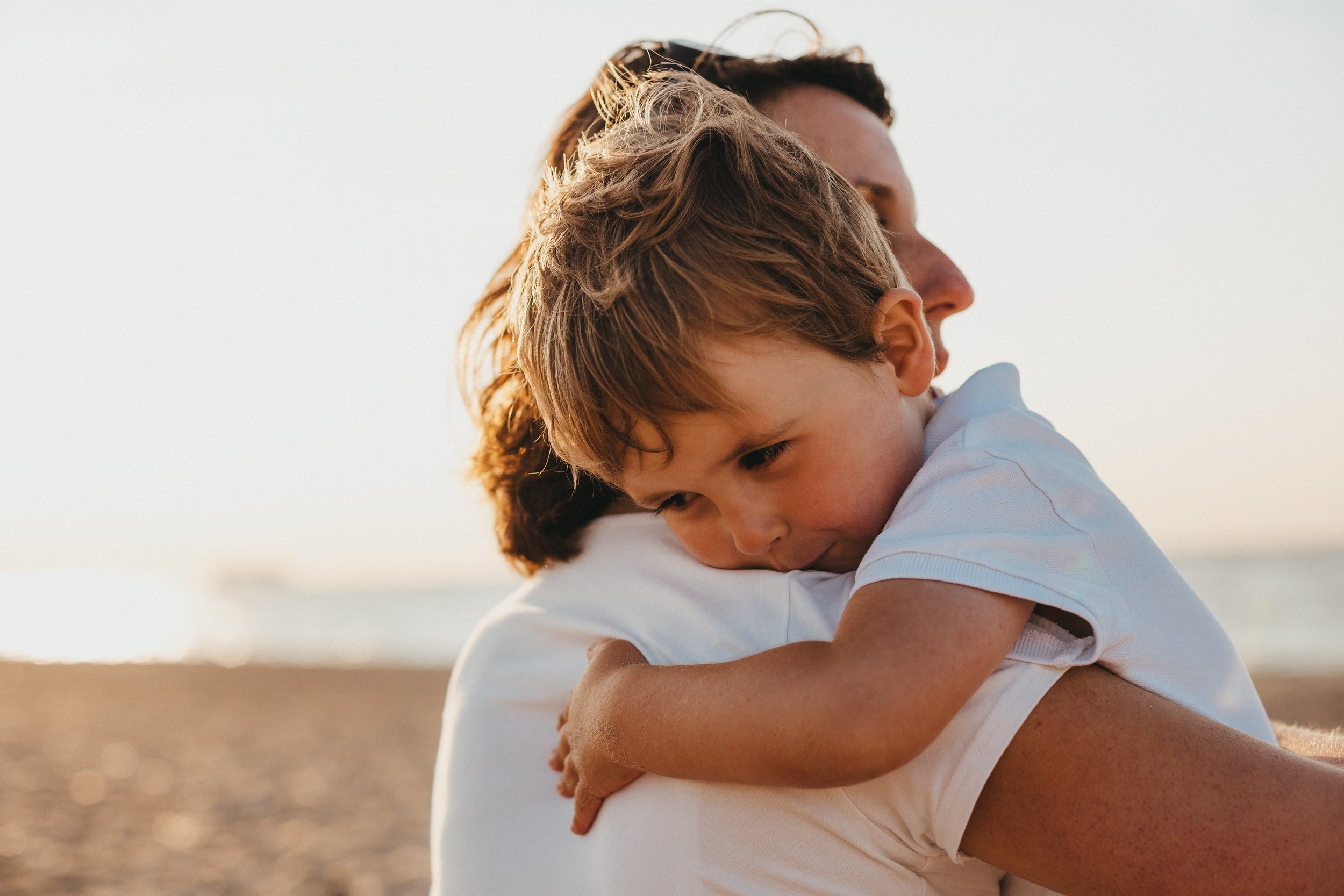Parenting

Here are a few self care ideas that you could implement in order to help balance your lifestyle.

Self-harm is also known as non-suicidal self-injury. This can be a very confusing and scary topic for both teenagers and parents. It is generally a difficult thing to talk about, especially when a teenager does not fully understand why they are doing it. The best way to help a teenager to stop self-harming is to help them understand and address the underlying issues.

It is understandable that when your child acts aggressively, you feel overwhelmed. You may not know what to do or where to turn. Try not to panic, your child’s aggressive behaviors can be helped. Although medication can help to reduce symptoms of ADHD, anxiety, and other mood disorders, it will not fix behavior. The key to reducing behaviors is a behavioral approach that involves both you and your child. Here are some ways to help your child.

If you’ve recently experienced a miscarriage, here are a few things that may help you through this period of grieving.

Stress is relative. Sure, your teen may not have the responsibilities of a normal adult. However, the issues they deal with can be extremely stressful. In fact, the schedules of most teenagers are more packed than some adults!

It is common for children to get upset and have tantrums or meltdowns, which include crying, yelling, and refusing to listen. However, if this is happening repeatedly and they are not controlling their temper, it may be something more.

Here are some tips that may be helpful in navigating the waters of parenting as a person with mental health issues.
Setting boundaries is one of the most important pieces of parenting. At the same time, it’s also one of the most challenging aspects. Here are a few ways you can establish clear boundaries for your children.

Albert Bandura is an influential social cognitive psychologist who is known for his social learning theory, the concept of self-efficacy, and his famous bobo doll experiments. During the 1960s, he conducted the Bobo doll experiments, which studied observational learning.

The term “helicopter parent” is a style of parenting where the caregiver is over focused on their child. This leads to the parents taking on too much responsibility for their children’s experiences, successes, and failures. Moreover, it means being involved in a child’s life in a way that is excessively overcontrolling, overprotecting, and overperfecting.